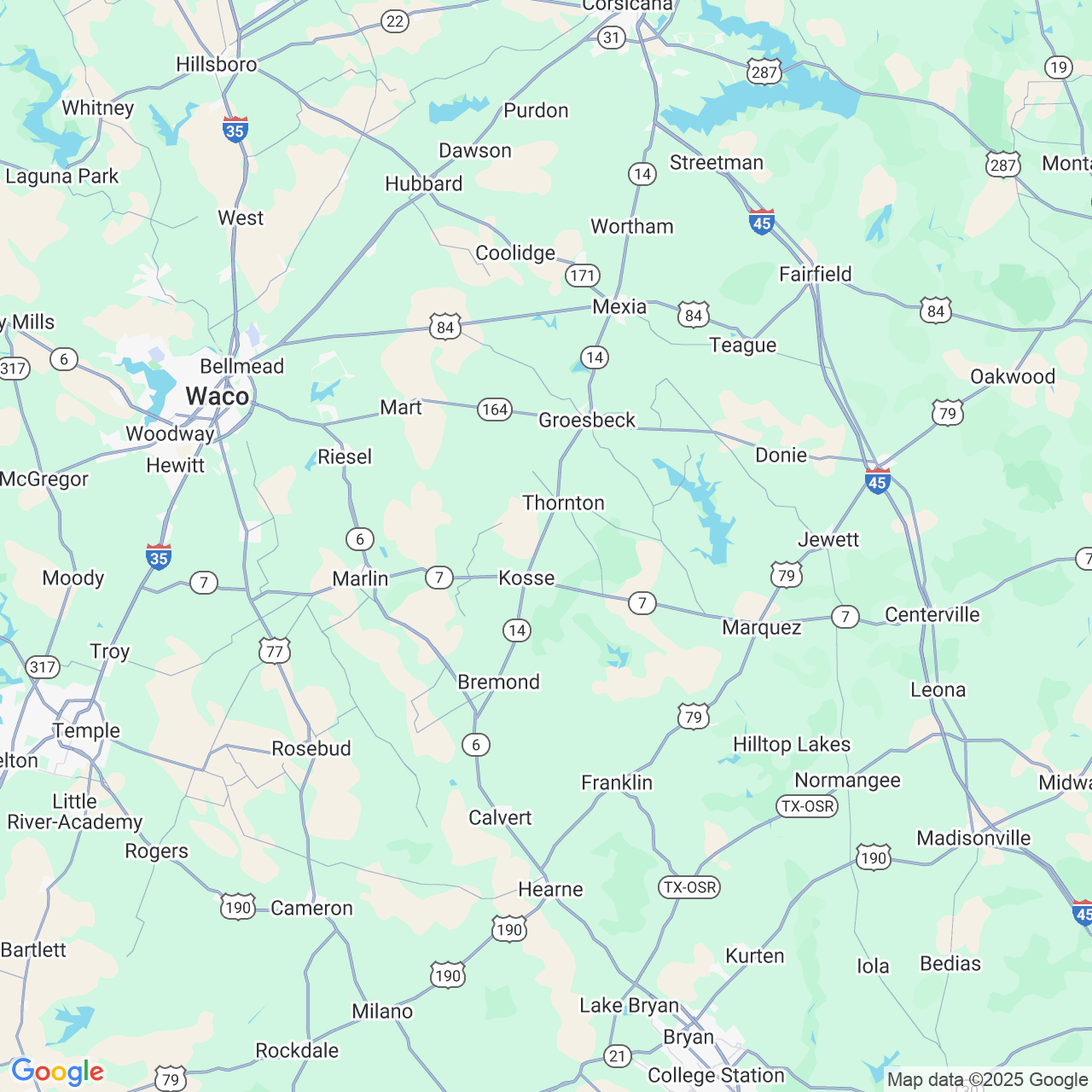The Truth about Dry Shampoo and the No-Poo Movement

Regularly Shampoo Your Scalp to Protect and Preserve Your Hair
This should not come as shocking news, but we at Arocha Hair Restoration advise washing your hair with shampoo at least two to three times per week. This is only worth declaring because of two trends that have called into question whether conventional hair care practices – including regular washing – are necessary.
First, there is the so-called “No-Poo” movement, which advocates the use of only water to wash hair. The general idea is that shampoo is unnecessary and can even be harmful because it allegedly exposes users to chemicals that can be absorbed into the body, as well as remove natural oils.
The other trend is the growing use of “dry” shampoos – typically sprays that are applied to dry hair. The spray can absorb excess oil from the hair and scalp and make hair feel as though it was freshly washed. Women in particular have celebrated dry shampoo as an enormous time-saver. Miki Hayes at Bustle calls it a “miracle beauty product.”
Let’s be clear: there are benefits to regularly using traditional shampoo on wet hair!
Hair collects everything that’s in the environment – dirt, bacteria, germs, skin particles, oils, and who knows what else. About 90 years ago, modern liquid shampoo was invented as a better way to clean the scalp and preserve and protect hair.
To put the invention of liquid shampoo in perspective, it’s helpful to understand what else was happening at the time. The late 1920s was a time of great change in America and around the world; electricity was becoming commonplace and advances in plumbing brought hot and cold running water to the bathroom. There was also great emphasis on hygiene, driven first by concerns about the spread of disease, especially polio, and also by changing social norms that associated cleanliness with wealth.
Washing hair with liquid shampoo became a part of the weekly bath. When bathing became more frequent, so did the use of shampoo. However, over time, people tend forget why we do the things we do and some people question if perhaps we’ve all been tricked.
Doubts about the necessity of shampoo are part of a bigger issue. There has been growing suspicion of science and medicine. Some parents believe so strongly in a more natural approach that they reject vaccinations for their children. This has contributed to outbreaks of disease that had been largely dormant for generations. According to the CDC, America hit an all-time low in whooping cough (pertussis) cases in 1976, just to see outbreaks during the past decade cause a reversal. The number of cases now is about 30 times higher than in 1976.
So it was not the least bit surprising to see an eruption on social media – repeated on traditional media – after some users of dry shampoo reported hair loss. First Nicole Baxter in Belfast described going to the dermatologist after developing a bald patch and a sore, itchy, flaky scalp. Her post on Facebook was shared more than 30,000 times. More recently, journalist Olga Khazan of The Atlantic wrote about her own experiences in, “The Unfortunate Reality of Dry Shampoo.”
Khazan’s description is very similar to what we hear from patients every day:
“Gradually, though, I began to notice something disturbing. The two sides of my hair looked like they were slowly drifting away from each other at the part.”
Unfortunately, most of the resulting uproar about the supposed dangers of dry shampoo missed the point. First, it is advisable for anyone experiencing hair loss to consult with a hair restoration expert. Hair loss can be caused by a lot of different factors. Using dry shampoo does not itself cause scalp irritation or baldness, especially if used properly. It is failure to regularly wash your scalp and hair with shampoo that can cause problems.
Dry shampoo is typically a fine powder sprayed into the hair. Even if it is brushed out, there will inevitably be buildup after multiple applications. If someone applies dry shampoo two or three times without washing the hair, the buildup can block pores.
The fix is simple: wash your hair regularly! That said, it probably is not necessary to shampoo your hair every day, and it is very likely that you can go a couple of days without washing your hair. But scrubbing the scalp with shampoo two or three times a week is worth a little extra time in the morning.
If you are experiencing hair loss, contact Arocha Hair Restoration to arrange a free consultation with Dr. Bernard Arocha.



